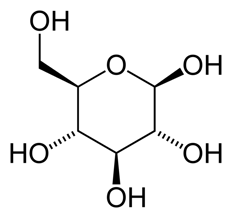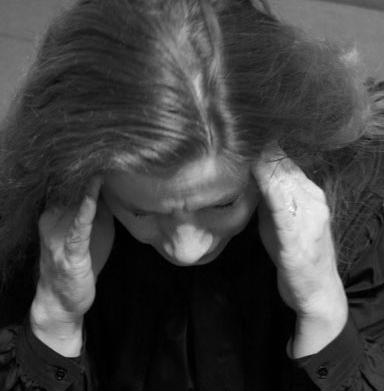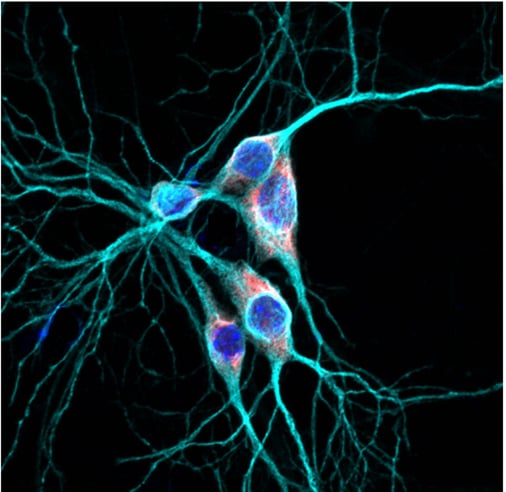Thus far in 2017, the University of California Los Angeles has received over $6.8 million in funding from the National Heart Lung and Blood Institute (NHLBI). This funding has been awarded through multiple grants intended to support cardiovascular research.
Read MoreTags: University of California Los Angeles, cardiovascular research, increase laboratory product sales, UCLA, NIH funding, life science research at UCLA, life science solutions, science solutions, NIH awards 2017
Researchers at UCLA believe using the patient’s own cells to create stem cells for therapeutic purposes is the future of medicine. A recently published study by scientists at UCLA demonstrates how specialized proteins change the cellular characteristics of skin cells to create induced pluripotent stem cells. These stem cells have the ability to turn into any cell type within the body. Also at UCLA, a clinical trial which uses the baby’s own blood-forming stem cells to treat the immune deficiency condition ADA-SCID, better known as “bubble baby disease,” was recently awarded a $20M grant from the California Institute for Regenerative Medicine.
Read MoreTags: University of California Los Angeles, Stem cell research, Human Stem Cell, UCLA, Stem Cell, biotech vendor show, Biotechnology trade show
In a first of its kind study, researchers at UCLA utilized ultrasound to “jump start” the brain of a man with severe brain injury who was recovering from a coma. According to the UCLA Newsroom, the 25 year old man could only perform small, limited movements when instructed and “showed minimal signs of consciousness” before the procedure. Three days after the treatment, he regained full consciousness and language comprehension. He could reliably communicate by shaking or nodding his head. Five days after, the patient attempted to walk for the first time since the coma.
Read MoreTags: University of California Los Angeles, biomedical research, brain research, UCLA, UCLA research funding, Dana foundation, Tiny Blue Dot Foundation, Dr. Martin Monti
Over the last 40 years incidence of Autism Spectrum Disorder (ASD) have increased tenfold. Until recently, the cause of autism was a complete mystery. Now a major discovery at UCLA has just brought researchers one step closer to unlocking the mystery of ASD.
The UCLA study found distinctive changes in the levels of tiny regulator molecules known as microRNAs in the brains of people with ASD. These microRNAs control the activities of large gene networks. This finding helps explain why so many genes are abnormal in autism disorders. It could also lead to targeted treatments or preventative measures someday.
Read MoreTags: University of California Los Angeles, Biotech Event, UCLA, biomedical researh, autism research, mircoRNA, Dr. Daniel Geschwind
Researchers from UCLA and partnering schools guided by Laurent Bentolila found evidence supporting the spread of malignant cells through angiotropism with vascular co-option, and even suggested they may be related or identical processes. These findings were published in Nature Scientific Reports. With angiotropism being the ability for cells to travel along surface of blood vessels, but not be inside of them, also called extravascular migratory metastasis (EVMM) and vascular co-option being the ability for a tumor to use a blood supply and travel along it, this means cancer has an outlet to spread outside of the bloodstream. The spread outside of the bloodstream means some current methods of treating cancer would be ineffective.
“... if the metastasizing cells are on the outside of the blood vessels, they escape exposure to the treatment and continue to spread cancer.”
-Laurent A. Bentolila
Read MoreTags: CA, University of California Los Angeles, cancer research, Los Angeles, Cancer, LAVS, UCLA, laboratory, lab products, 2016

A team of biochemists at UCLA have created a novel system of converting glucose into highly useful chemical compounds, such as those needed to create biofuels and pharmaceuticals. Previous research endeavors relied on using cells to convert sugar into desired compounds. This has been difficult to achieve because cells would rather use sugar for their own natural uses, such as building proteins and cell walls. The UCLA biochemists have recently developed a way to achieve the conversion of glucose into desired compounds- without using cells.
Read MoreTags: CA, University of California Los Angeles, Los Angeles, Biochemistry, chemistry research, Chemistry, LAVS, UCLA, Biotechnology Vendor Showcase, 2016, Western, glucose
A UCLA cancer research team has recently received a $7.6 million grant from the California Institute for Regenerative Medicine. This award will support research into genetically engineered white blood cells which can selectively target and kill tumor cells, while simultaneously activating other immune cells to do the same.
Read MoreTags: CA, University of California Los Angeles, Stem Cells, Los Angeles, genetic engineering, UCLA, Biotechnology Vendor Showcase, new funding, cancer research funding, tumor cells
Tags: University of California Los Angeles, Autism, UCLA, autism research

Over thirty-six million Americans suffer from migraines. According to the Migraine Research Foundation, more people in the U.S. suffer from migraines than diabetes and asthma combined. The disorder ranks in the top twenty of the world’s most disabling medical conditions. Yet, migraine research has traditionally been one of the lowest-funded fields of study in medicine… Until now.
Read MoreTags: University of California Los Angeles, migraine research, UCLA School of Public Health, UCLA, BioResearch Product Faire, Leonard Goldberg, Dr. Andrew Charles, UCLA research funding
 When vital organs in the body, such as the lungs, begin to fail, an organ transplant can be a solution to the problem. However, receiving a transplant may have its own complications, such as the body rejecting its new organ.
When vital organs in the body, such as the lungs, begin to fail, an organ transplant can be a solution to the problem. However, receiving a transplant may have its own complications, such as the body rejecting its new organ.
Now, thanks to a generous donation of $1 million dollars from Michael and Linda Keston, researchers from the Division of Pulmonary and Critical Care Medicine at the UCLA David Geffen School of Medicine will be able to continue studying lung disease and the organ rejection commonly following a transplant.
Read MoreTags: CA, University of California Los Angeles, Los Angeles, LAVS, UCLA, Biotechnology Vendor Showcase, new funding, 2016, Lung Disease, organ transplant, organ rejection


